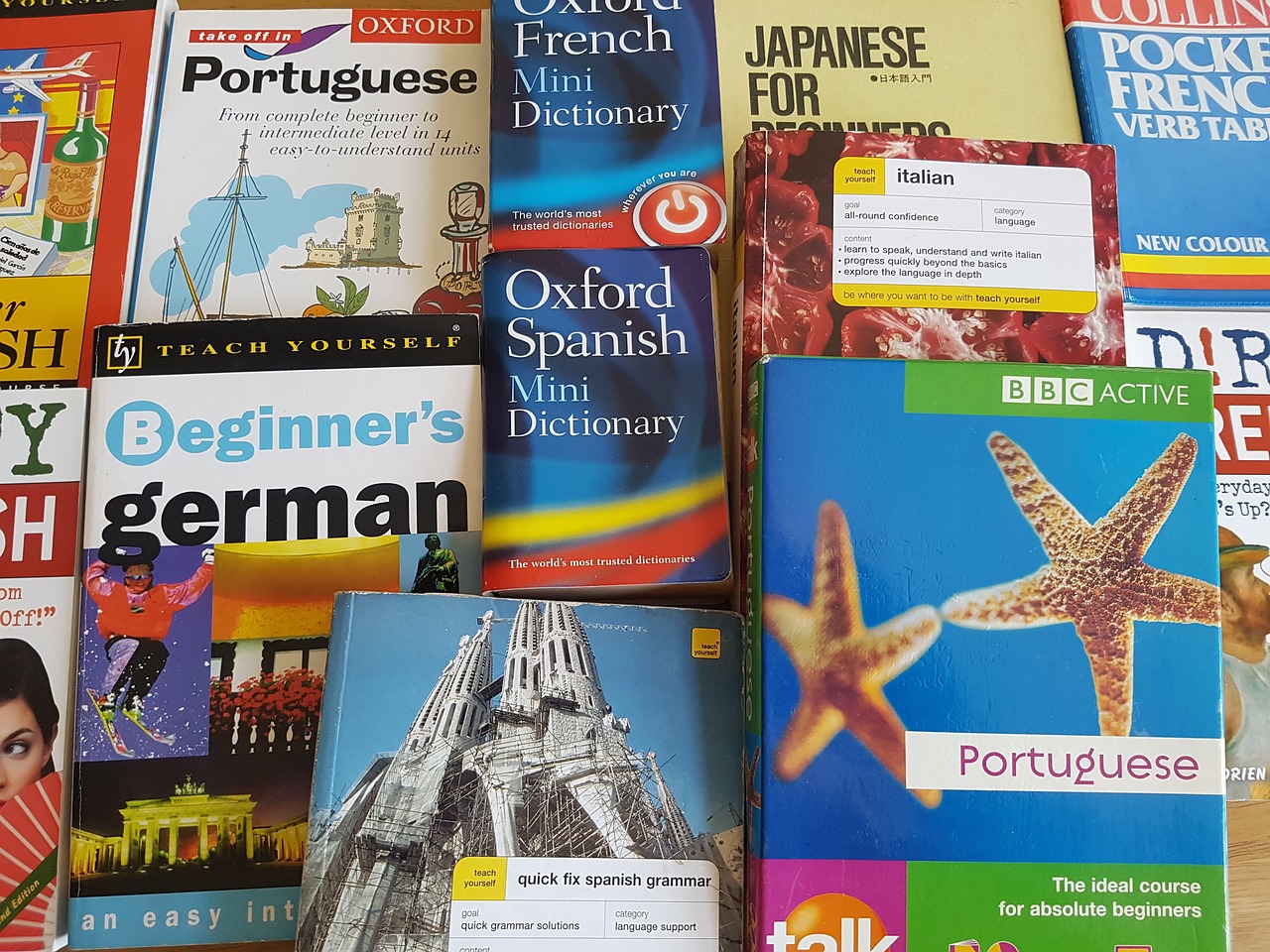Why would anyone in the year of 2023, so saturated with cat memes, smart toasters, and virtual reality pajamas, decide to write a book? It’s a question that keeps many souls awake at night, pondering the perplexing behavior of these human-like creatures called “authors”. Let’s dive deep into the turbulent seas of their minds, shall we?
The Archaic Allure
Firstly, there is the nostalgic element. Just as the hipsters clung to vinyl records and typewriters, there are those who cling to this archaic idea that writing books is somehow noble. They use big words like “literature” and “culture” and scoff at the idea that all of human knowledge can be condensed into a 280-character tweet or a TikTok video. I mean, why read “War and Peace” when you can have its essence captured in a 10-second video of a dancing hamster?
Pretentiousness Badge
Then, there’s the coveted badge of pretentiousness that comes with being an author. Being able to casually slip into conversation, “When I was writing my book…” provides an unparalleled high, akin to scaling Everest without oxygen or pants. Their social standing shoots through the roof. They can now talk for hours at dinner parties about the symbolism in chapter five, leaving their audience riveted or, more likely, catatonic.
Money, Or Lack Thereof
Money is another facet of this riddle, albeit a cruel joke played by the gods of literature. While J.K. Rowling might swim through a vault of gold coins like Scrooge McDuck, the average author makes enough to buy a coffee. Not a fancy caramel-macchiato-with-a-double-shot-of-unicorns, mind you — just a plain old coffee. But they’ll tell you it’s not about the money; it’s about the art. Of course, it’s the “art” that makes their bank accounts emptier than a politician’s promises.
Time Travel, Sort Of
Let’s not forget the magic of time travel! Now, you might be wondering, have I gone mad? Perhaps. But consider this: when a person writes a book, their words will be read by people in the future. It’s like sending a part of themselves forward in time. Isn’t that what time travel is? Sure, they can’t physically go to the year 2525 and see if mankind is still alive, but their book could. And that’s almost as cool. Almost.
The ‘Creating Worlds’ Syndrome
This next point is especially relevant for those stricken with ‘Creating Worlds’ Syndrome. These folks have an insatiable urge to create vast universes teeming with characters, plots, and allegories that would put the Milky Way to shame. They’re not satisfied with the reality they’ve been dealt, so they say, “To heck with it! I’ll make my own!” And there they go, using lots and lots of time, maybe even years, making and controlling their story worlds like the unpredictable gods they secretly think they are.
The ‘I’m Immortal’ Illusion
Ah, immortality. Who hasn’t dreamt of living forever? Authors sip the sweet, intoxicating nectar of this illusion. They reckon that as long as people read their books, a part of them will live on. They dream that smart people and book clubs, hundreds of years later, will pick apart their fancy language and praise how wise they were. In reality, 200 years from now, their big important work might just be used to stop a wobbly space-couch on Mars from shaking.
Compulsive Do-Gooder Syndrome
Next on the diagnostic roster is the ‘Compulsive Do-Gooder Syndrome’. These are the authors who genuinely believe that their words have the power to change the world. They think that through their stories, they can cure societal ills, like some kind of superhero. Only, instead of a cape, they have a thesaurus; and instead of x-ray vision, they have an ungodly knowledge of semicolons. “With great vocabulary comes great responsibility,” they murmur as they type away. It’s cute, really.
Misguided Understanding of a ‘Legacy’
Let’s chat about the concept of leaving a “legacy.” For some reason, many authors are under the impression that writing a book is like planting a tree that will provide shade for future generations. It’s a lovely image, but let’s be realistic. That tree is more like a baby tree that gets stepped on by the rush of pop culture, faster than you can say “Did you read my book?”
Unsolicited Wisdom and Life Lessons
How about the belief that they have unsolicited wisdom to bestow upon the masses? The world is a better place because they chose to impart knowledge about how to knit sweaters for squirrels or the importance of watching paint dry. They are the chosen ones, here to light our path with their words. We should probably erect statues in their honor.
Fame (Yes, Seriously)
Fame. This one’s a hoot. There are those who believe that penning a book is their golden ticket to the chocolate factory of stardom. They dream of red carpets, blinding camera flashes, and a flock of paparazzi documenting their every move. In actuality, the height of fame for most authors is being recognized by the barista at their local coffee shop, who still manages to misspell their name on the cup.
A Legacy of Trees (The Literal Kind)
Lastly, let’s take a moment to honor those eco-warriors who write books solely for the purpose of leaving behind a literal legacy of trees. These selfless souls know that, by publishing their magnum opus, they are contributing to the need for paper, which will lead to more trees being planted. They sleep soundly, knowing their book about training snails for competitive racing is fighting deforestation.
Final Words
So, why do people write books? For the nostalgia, the badge of pretentiousness, the illusion of wealth, time-traveling through words, ruling over self-created worlds, the pursuit of immortality, saving the world one semicolon at a time, leaving behind legacies (both metaphorical and arboreal), and deep desire for fame.
We must tip our hats to these brave adventurers, embarking on quests with quills and keyboards as their swords and shields. They scale mountains of adverbs and swim oceans of metaphors in hopes of uncovering buried treasure; usually finding a lone penny and a gum wrapper.
And though we jest, maybe — just maybe — there is something beautiful about this undying endeavor to create, to share, and to dream. Or maybe it’s just the caffeine talking.



